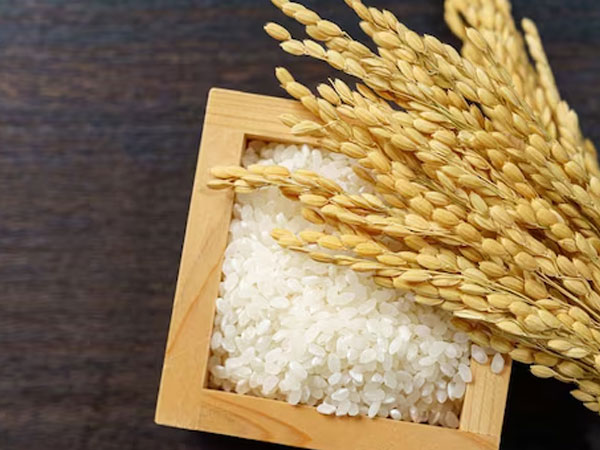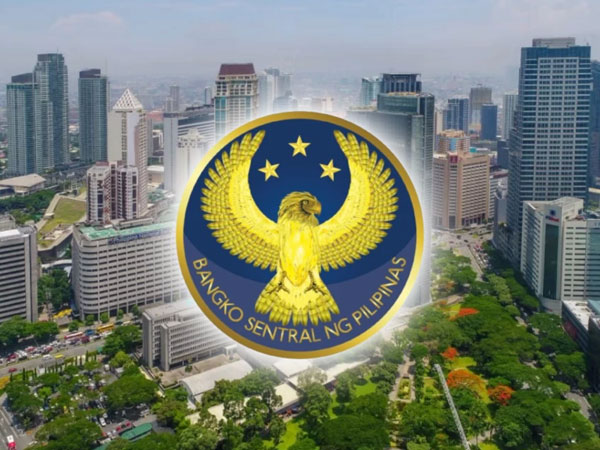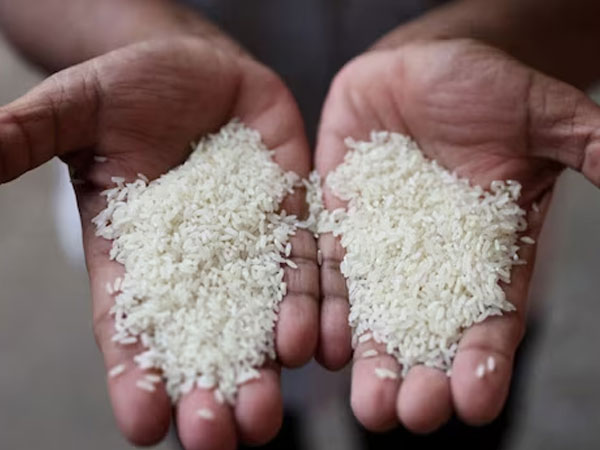 For over two centuries, Haiti has encountered innumerable political and economic crises, installed from without and taking shape within. Yet the people of the small Caribbean nation — formed in the throes of the only successful slave revolt in modern history, forming the first Black Republic — overcame each hurdle with resilience and new ways to struggle for agency in an imperialist world system that seeks to deny them. In the imaginations of international onlookers, Haiti is largely an amalgamation of stereotypes,with images of gang violence and systemic corruption weighing especially heavily. But recent political turmoil in Haiti exposes the profound, driving impact of colonialism and modern imperialism on the country and the current state of its institutions.
For over two centuries, Haiti has encountered innumerable political and economic crises, installed from without and taking shape within. Yet the people of the small Caribbean nation — formed in the throes of the only successful slave revolt in modern history, forming the first Black Republic — overcame each hurdle with resilience and new ways to struggle for agency in an imperialist world system that seeks to deny them. In the imaginations of international onlookers, Haiti is largely an amalgamation of stereotypes,with images of gang violence and systemic corruption weighing especially heavily. But recent political turmoil in Haiti exposes the profound, driving impact of colonialism and modern imperialism on the country and the current state of its institutions.
This week’s installation of “Mass Mood” will look at the recent events stoking the flames of rebellion — some righteous, some not — in Haiti. Next week, I will overview the historical fractures contributing to the current social and economic situation.
Haitian Prime Minister Ariel Henry announced his resignation from the office in a virtual address Monday, March 11, on the heels of widespread unrest over his administration. In the weeks preceding Henry’s departure from office, widespread protests and violence in the nation’s capital of Port-au-Prince demanded his ouster; a massive prison break freed roughly 3,700 inmates and provoked a 72-hour state of emergency; and Jimmy Chérizier, the leader of one of Haiti’s most prominent gangs, issued warnings of a “civil war” and “revolution” should the status quo continue.
The international community’s attempts to intervene in Haiti have largely exacerbated civil unrest. In Oct. 2022, the United Nations floated a plan, spearheaded by the U.S., to authorize an aid mission that would also play an “open-ended peacekeeping role,” according to U.S. diplomat Linda Thomas-Greenfield. The plan provoked a protest with thousands of participants demonstrating in opposition to more intervention by international actors, a hallmark characteristic in Haiti’s history. Protesters made similar demands for the resignation of Ariel Henry, who had occupied the seat of prime minister since the July 2021 assassination of President Jovenel Moïse by Colombian and U.S. nationals, including one ex-informant for the Drug Enforcement Agency (DEA).
Seemingly oblivious to history, Henry once again made an appeal to the international community to intervene militarily in Haiti; on March 1, the Prime Minister struck a deal with Kenyan President William Ruto to send 1,000 Kenyan police officers into the country to bring “stability” and combat gang violence that had surged in the years after Moïse’s assassination. The mission would have been financed by a $300 million sum courtesy of the United States. After leaving for Kenya, armed clashes between paramilitary groups and police broke out in Port-au-Prince, with Chérizier proclaiming it was time for Haitians to “take [their] destiny to [their] own hands.” While a cynical reading of this sentiment suggests populist posturing on the part of Chérizier, whose G9 organization faces accusations of civilian killings, destruction of homes and numerous instances of sexual assault, it also betrays a deep-seated opposition to foreign interference among armed groups and civil society alike.
It should be noted that Haitians have a keen understanding, within recent memory, of the duplicitous nature of U.N. “peacekeeping” missions. In the wake of the 2004 coup of President Jean-Bertrand Aristide, the second coup in his tenure as president, the U.N. sponsored an international stabilization mission. During the year’s 13-year “occupation” of the country, soldiers were accused of routine sexual assault and triggering an outbreak of cholera, a highly fatal waterborne virus.
Accordingly, Chérizier, joined by other street organization and civil society leaders, have soundly rejected a plan by the Caribbean Community (CARICOM), the United States, Canada and France to replace Henry with a transitional council administered by CARICOM.
Long before the current situation, Haiti was in dire economic straits. The poorest country in Latin America and the Caribbean, Haiti is a net-importer of food. The nation is dependent on the U.S. states of Arkansas, Texas and Louisiana for over 80% of its rice consumption, a dependency with wide-reaching consequences, as reports found rice imports contained high levels of heavy metals like arsenic and cadmium. Haiti’s dependency on imports for food is a direct consequence of the Clinton administration’s pressure on the country to drop tariffs on rice, making domestic producers less competitive compared to U.S.-based producers. From the 1980s to the late 1990s, the International Monetary Fund also forced Haiti into robust structural adjustment programs which, in exchange for loans, destroyed economic productions for domestic industry to open up investment for American corporations. Be it the 1790s or the 2020s, Haiti will always be a money maker for everyone but its own people under the status quo.
The violence consuming Port-au-Prince is lamentable, particularly for the impact of everyday civilians, more than 310,000 of whom are internally displaced. Those with the means to migrate to the United States will be at the mercy of Florida Governor Ron Desantis’ increasingly draconian immigration regime, which has deployed 150 troops and police officers to the Florida Keys to quell “the possibility of invasion” of Haitian migrants.
The world needs to pay attention to Haiti, but not with the imperialistic eyes that have brought about the current climate of instability and violence (one shouldn’t forget that the bulk of weapons that end up in the hands of paramilitary organizations in Haiti are produced by U.S. arms dealers and smuggled from Florida). It is high time for a fundamental policy shift in Haiti — one that substitutes economic paternalism in the form of “aid” and structural adjustment, as well as military intervention, for the promotion of sovereignty, self-sufficiency and an organic democratic transition. This can only be done by heeding the warning of the Haitian people that installing foreign-backed occupying forces and leaders is not the way forward.














© Copyright 2025 The SSResource Media.
All rights reserved.